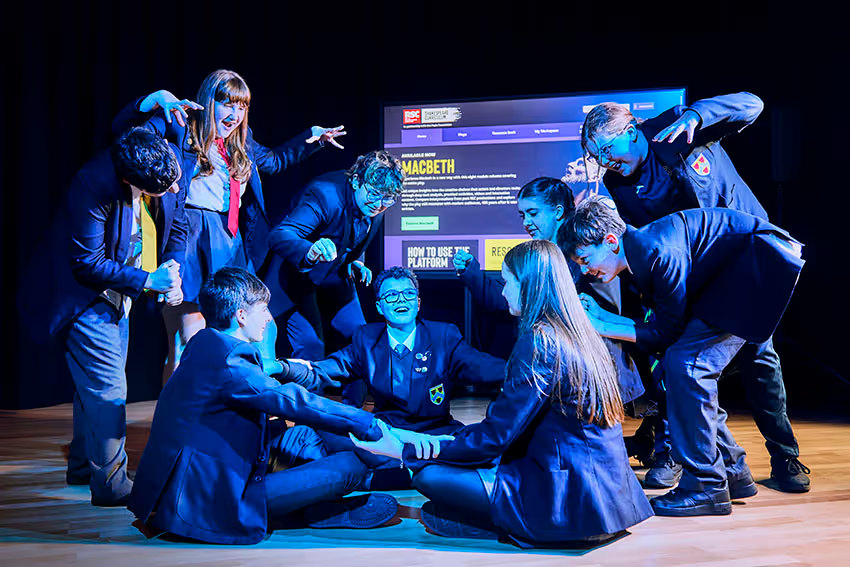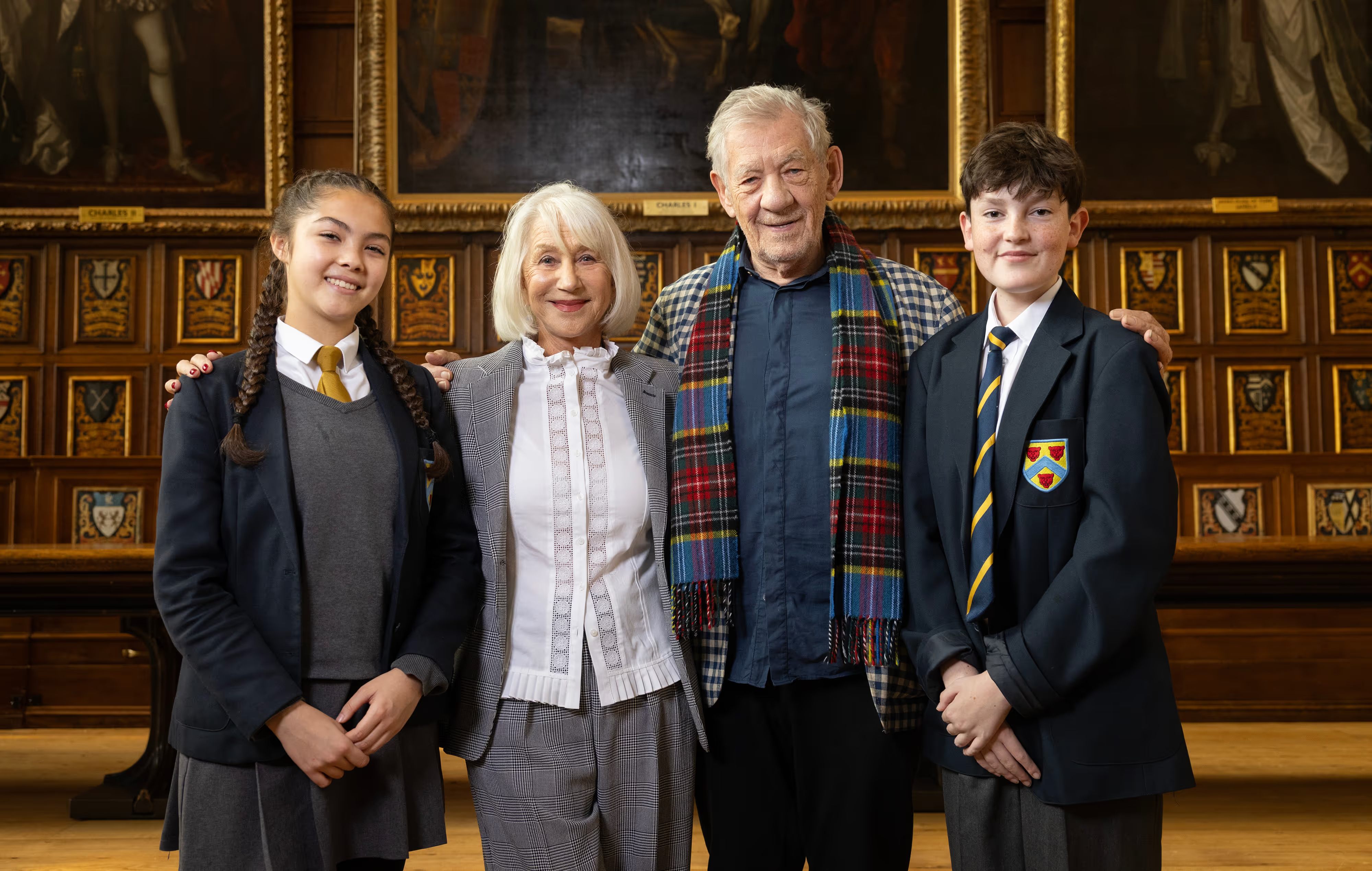Charanga & RSC announce major collaboration with the launch of the Shakespeare Curriculum
Published: 12th November 2025
Today, we are delighted to announce the launch of the Royal Shakespeare Company’s (RSC) Shakespeare Curriculum, a platform offering learners ‘a revolutionary new way of studying Shakespeare’.
Harnessing Charanga’s technology-enabled approach to music and arts education, the Shakespeare Curriculum has been created with major investment from the Foyle Foundation. It is one of the key projects recently announced as part of the Foundation’s long-term legacy.
To mark its launch, the Foundation, the RSC, and Charanga’s Founder, Mark Burke, will be joined by Sir Ian McKellen, Dame Helen Mirren, Adjoa Andoh and other leading actors at Middle Temple Hall in London.

‘The most important development in the teaching of Shakespeare in a generation’, the Shakespeare Curriculum aims to radically change how Shakespeare is studied and taught in secondary schools across the UK and around the world.
Supporting all UK secondary and SEND schools
The first resource of its kind, and free to use for all UK state secondary and SEND schools, it addresses ongoing concerns from teachers and young people about the way Shakespeare is experienced in schools.
The Shakespeare Curriculum distils the RSC’s award-winning teaching approaches into a bespoke digital platform built by Charanga. It has everything teachers and students need to teach and learn about Shakespeare, immersing them in the creative world of an RSC rehearsal room. Grounded in the techniques used by actors and directors, the Shakespeare Curriculum takes students beyond their desks, unlocking language, character and themes and fostering vital skills for school, life and work.
Immersive, creative learning experiences
The platform will turn Shakespeare’s 10 most studied plays into a 24-part creative learning adventure, bringing the RSC’s unique blend of theatre practice, research, and digital innovation into schools.
Drawing on thousands of unique archive resources and decades of world-renowned productions featuring leading actors in defining performances, it will put young people in control of their Shakespeare learning. The first play in the programme will be Macbeth, followed by Romeo and Juliet.
Jacqui O’Hanlon, RSC’s Director of Creative Learning, said: ‘The RSC has worked with thousands of teachers and young people over 20 years, and we understand the challenges of teaching and learning about plays that were written over 400 years ago. The Shakespeare Curriculum responds to this challenge. Research shows that the combination of Shakespeare’s language and RSC teaching approaches improve young people’s academic, social and emotional development. Through the Shakespeare Curriculum, all state secondary and SEND schools will have free access to this transformational way of teaching and learning about Shakespeare’s plays.’
Dame Helen Mirren, RSC Associate Artist, said: ‘Rehearsal rooms are places where we explore possibilities; where we look at a play written 400 years ago as if it was new, with the ink still wet on the page. In a rehearsal room, we are questioning, experimenting and bringing our own experiences and interpretations to Shakespeare’s stories. That spirit of collaboration and creative enquiry sits at the very heart of the RSC’s Shakespeare Curriculum: bringing the energy of the rehearsal room into secondary schools across the country, turning classrooms into places where enquiry, co-operation and creativity flourish.’
Sir Ian McKellen, star of the RSC’s 1979 landmark production of Macbeth, added: ‘Actors, better than other Shakespeare lovers, know how difficult it is to transform his words on the page into living, breathing characters on the stage where they belong. To expect schoolchildren to grapple with such problems may well put them off Shakespeare for life. Ever since I was at school, reading a troublesome text around the classroom and then being tested in state examinations, I have wondered how professional theatre people might help English teachers who too often feel inadequate to the task. Now the RSC has come up with an answer, a practical way for teachers to lead students to an appreciation of the plays, not just as written texts but as a starting place to explore the excitement of live theatre. A revolution is in the offing. “The play’s the thing…!”.’
Mark Burke, Founder and Managing Director of Charanga, said: ‘It’s been a delight to work alongside the RSC’s exceptional, multi-talented team to help bring their creative and innovative teaching approaches to schools and young people worldwide through the launch of the Shakespeare Curriculum. Today’s launch marks Charanga’s first expansion into wider arts education and an exciting opportunity for us to bring the same commitment and expertise that has made Charanga a world leader in technology-supported music teaching and learning.’
David Hall, Chief Executive of the Foyle Foundation, said: ‘Our relationship with the RSC has extended over a period of more than five years, culminating in the development of the Shakespeare Curriculum. We are immensely proud that this will be a legacy for future generations of the work we have done together and honoured to be able to play a part in supporting the extraordinary achievements of the RSC.’
 © Matt Alexander
© Matt Alexander
Press and media enquiries:
For the RSC:
kate.evans@rsc.org.uk or jo.hammond@rsc.org.uk
For Charanga:
Tony Pinkham
tonypinkham@charanga.com
+44 (0)7711 88655
For The Foyle Foundation:
Jane Quinn or Susie Gault, Bolton & Quinn
jq@boltonquinn.com or susie@boltonquinn.com
Notes to editors:
About the RSC
The Royal Shakespeare Company is a leading global theatre company that sparks local, national and international conversations that build connections, create opportunities and bring joy. We passionately believe that great storytelling can change the world, and that theatre offers its own unique form of storytelling.
We collaborate with the most exciting artists to tell the stories of our time, and through a range of programmes, we nurture the talent of the future. We perform on three stages in our home in Stratford-upon-Avon, in London and in communities and schools across the country and around the world. Our transformative Creative Learning and Engagement programmes reach over half a million young people each year.
About Charanga
Charanga is a trusted leader in technology-enabled music and arts education. Over 70,000 teachers in 64 countries use Charanga’s customisable digital platforms to deliver learning experiences for students aged 4–18. Charanga also provides strategic consultancy to national and state governments and leading cultural institutions, collaborating on large-scale digital education projects that extend their reach and develop educators’ professional skills.
Educators primarily know Charanga for its work in music education, where its digital platforms are used in schools worldwide. This groundbreaking collaboration with the RSC marks Charanga’s first expansion into wider arts education. www.charanga.com
About the Foyle Foundation
The Foyle Foundation was established in 2000 to implement the will of the late Christina Foyle, who died in 1999, leaving most of her estate to charity. As an independent grant-making trust, the Foyle Foundation distributes grants to UK-based charities (primarily arts and learning) and schools. The Foundation’s long-planned spend down and closure will take place in December 2025, by which time it will have distributed over £180 million in total, including several legacy projects with long-term benefits. foylefoundation.org.uk

